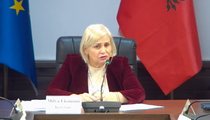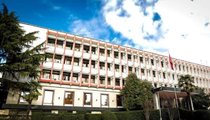Figures/ How much do Albanians spend on insurance? - Xprimm Report: Much less than Kosovo and the region!

Albanians are the people who spend the least on insurance in all of Central and Southeastern Europe. According to the publishing house Xprimm, an Albanian spent an average of 92 euros on insurance last year. Although we had a 15% increase in per capita spending compared to 2023, we still rank last out of 20 countries analyzed.
In terms of total gross written premiums, Serbia and then Bosnia and Herzegovina lead the Western Balkans. With a value of 25 billion lek in gross written premiums last year, Albania is only behind Kosovo and Montenegro.
Meanwhile, our country still remains last in Central and Southeastern Europe in terms of the share of gross written premiums in Gross Domestic Product (GDP). Data from the Xprimm report show that the insurance market in Albania accounts for only 1% of Gross Domestic Product, while in Kosovo and North Macedonia it accounts for 1.6% and 1.8% respectively, and in Bosnia over 2%.
If we compare by products, we notice that Albanians, whether in Albania or Kosovo, do not insure their lives. Of the total portfolio of gross written premiums, only 8% goes to life insurance in Albania and only 5% in Kosovo. Albanians spend more on the Domestic MTPL insurance product, where we surpass the region in terms of the percentage that this product occupies in the total portfolio of premiums. This is because it is mandatory and not voluntary.
On the other hand, when it comes to property insurance, we are at similar levels to countries in the region. Home insurance continues to be available only in cases where the individual takes out a bank loan to purchase it.
These figures show that a culture of voluntary insurance has not yet been created in Albania. Most Albanians do not see insurance as a necessity, but rather a luxury, and when they have additional income, they prefer to spend it on other products. There is also low trust in insurance companies.
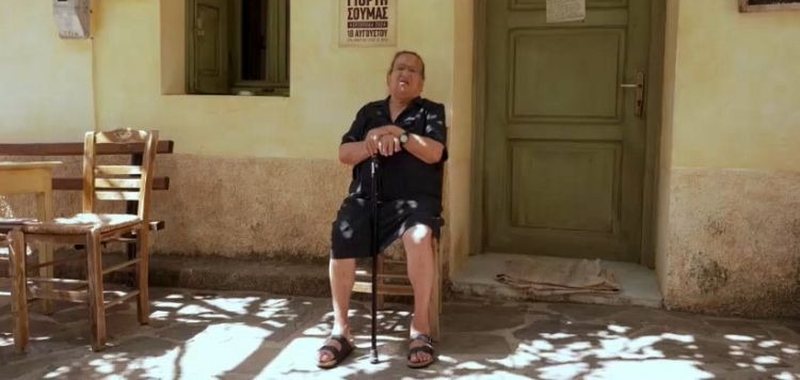
Pensioner poverty in Europe: Which countries have the highest rates?
In most European countries, the average income of people over 65 is lower than that of the general population, according to the OECD. In some cases, the......
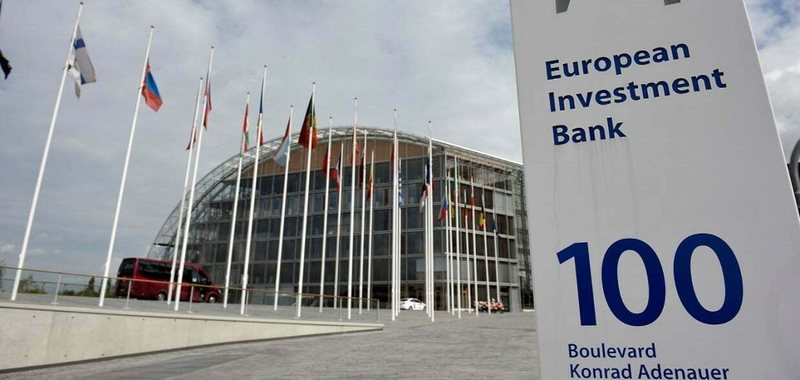
EIB supports Spain-France energy link - Invests €1.6 billion for underwater project between the countries
The European Investment Bank will support a planned energy interconnector between Spain and France with an investment of €1.6 billion. The decision comes......
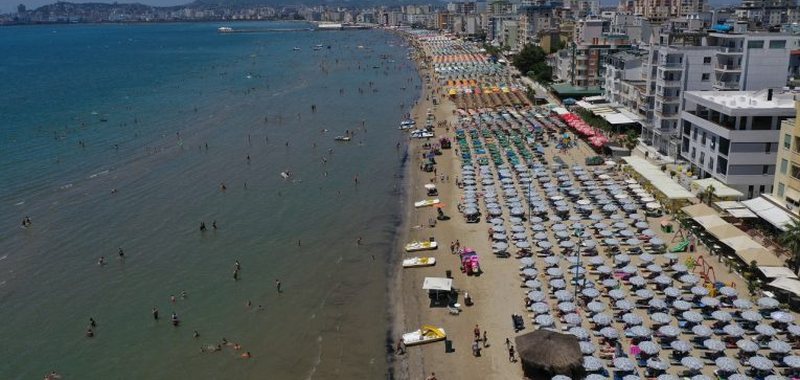
Business inspections in areas with tourist influx - Focus on informality and working conditions
Officially in the tourist season, day by day tourist flows are concentrated in the most visited areas of Albania. Meanwhile, the Labor Inspectorate continues......

How has this week started for the major currencies? – Strong decline for foreign currencies!
The US dollar has recorded a significant drop in value since last week, starting this week negatively as well, having been bought this morning at 84.1 lek......
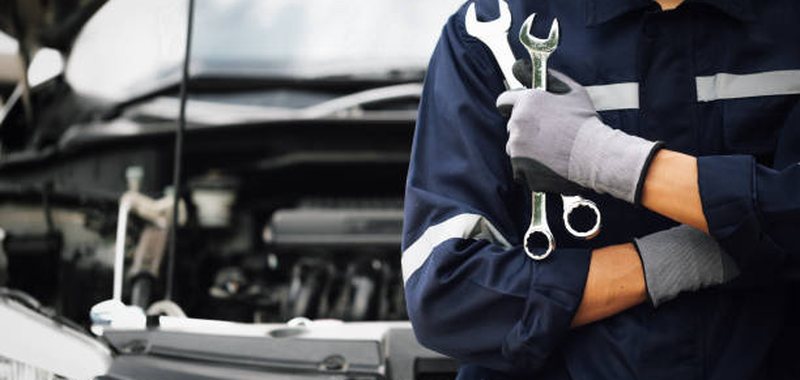
About 25% of vehicles remain in technical inspection - Official figures, over 3 thousand were deregistered in January-May
The General Directorate of Road Transport Services has published data for the period January-May 2025, regarding the technical inspection service of vehicles......
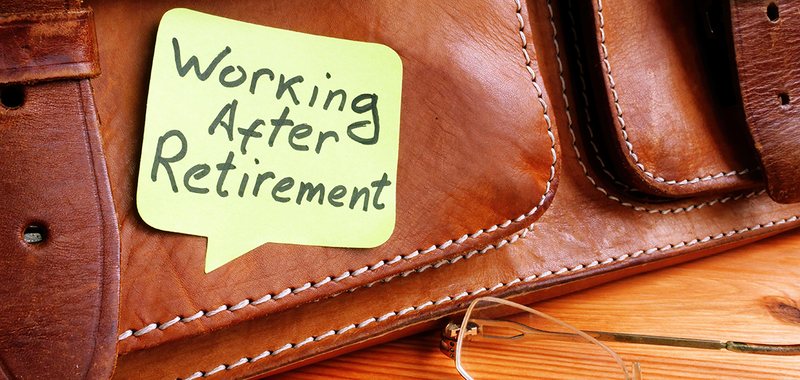
Retired, but on the move/ Working after retirement is more common among the self-employed
According to Eurostat data, in the European Union, around 56.4% of self-employed pensioners continued to work after receiving their old-age pension. This......
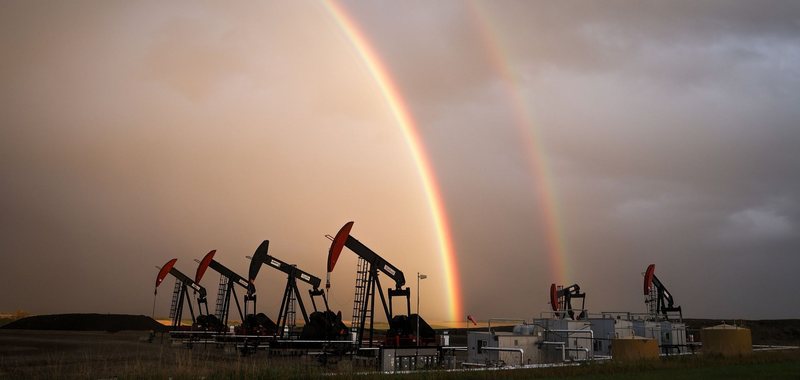
Global oil prices volatile - Escalation of Israel-Iran conflict shakes market and outlook
Oil prices were volatile on Monday, after rising 7% on Friday, as renewed attacks by Israel and Iran over the weekend raised concerns that the battle could......

Greek mussel industry in danger - High sea temperatures have destroyed production
Greece's mussel farming industry is under serious threat, after record-high sea temperatures last summer wiped out nearly 90 percent of production in the......







